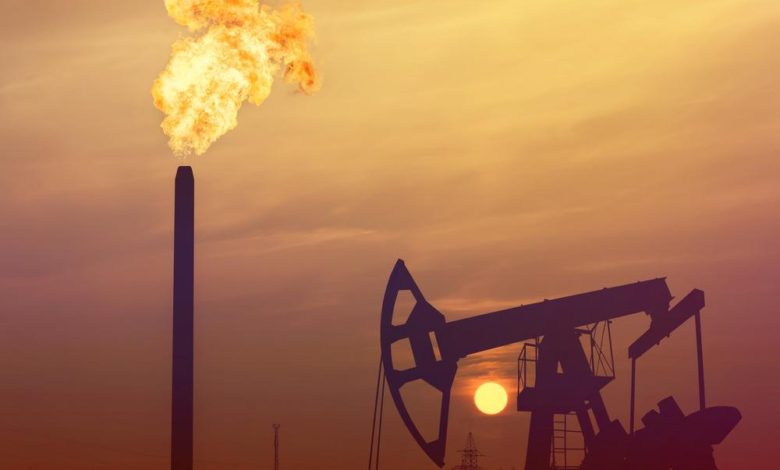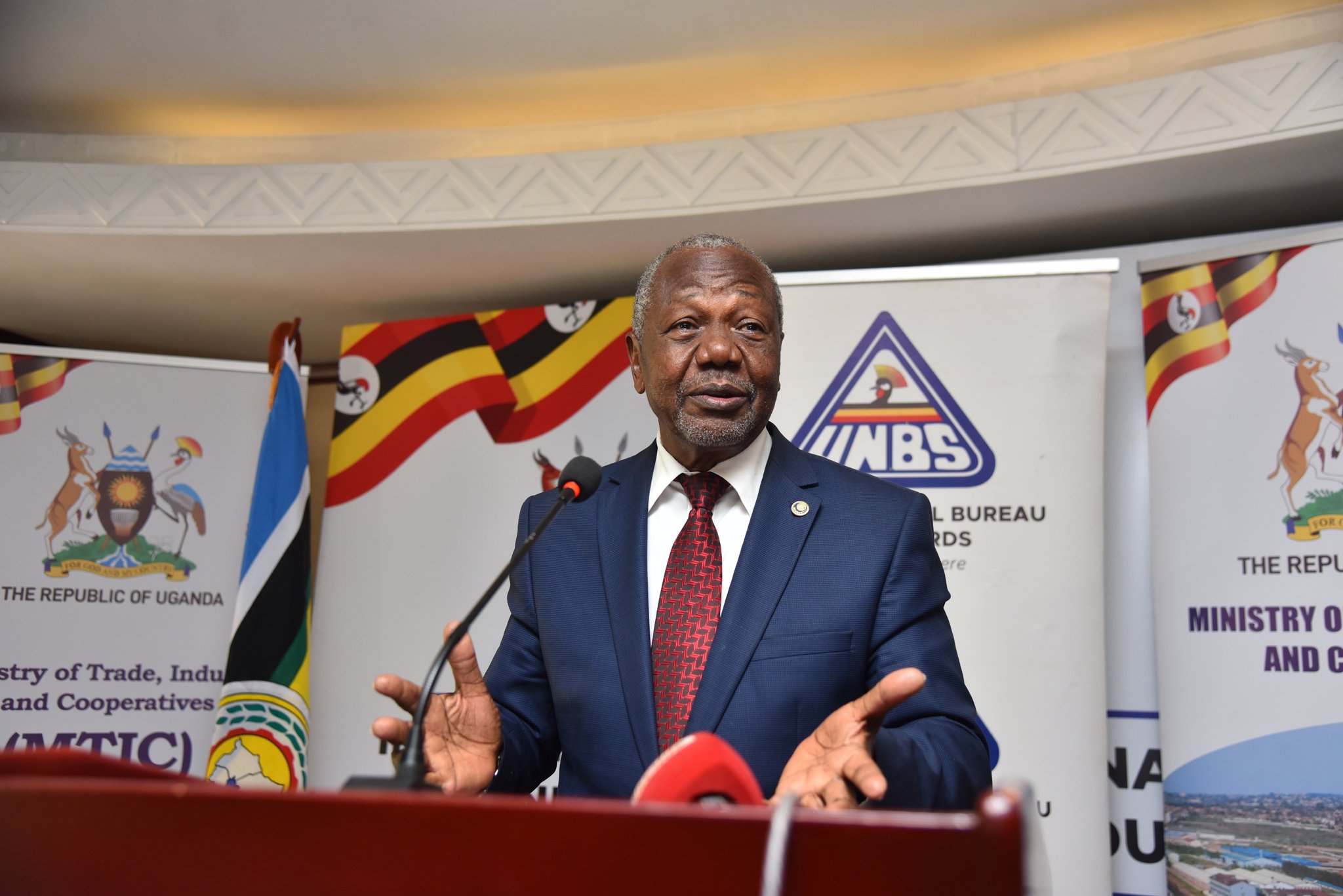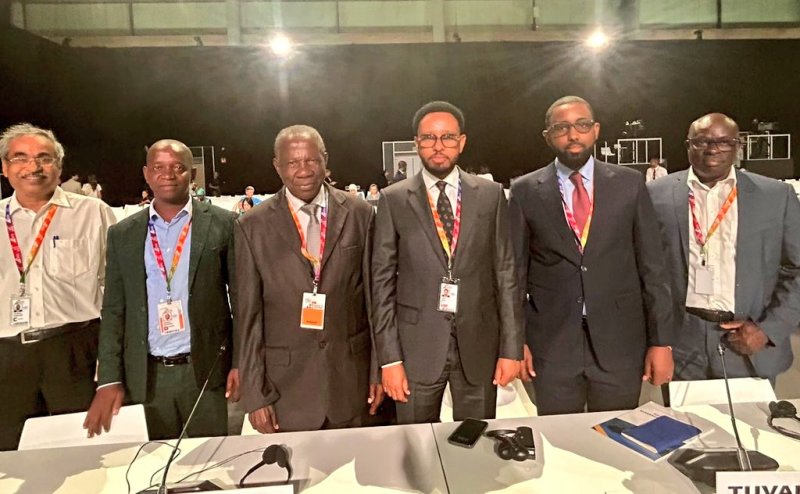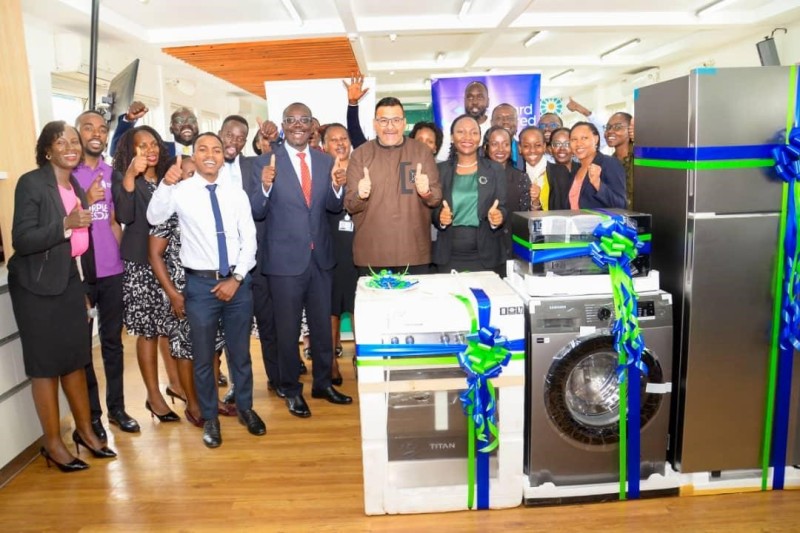Just Transition Is Not Just About The Environment, But Also Social Justice And Poverty
The idea of Just Transition is a brainchild of labor unions and environmental justice groups that recognized that many industries were simultaneously harming workers, communities, and the environment, and saw the need to phase out the industries that were harming workers, community health and the planet, while also providing just pathways for workers into new livelihoods.

By Brighton Aryampa
There has been little or no concrete understanding on Just Transition. Many people think that the pro-just transition advocates are against economic development, more so war against fossil fuels with just a clear goal to protect only the environment. This is a wrong and dangerous misconception of the whole idea of just transition.
The idea of Just Transition is a brainchild of labor unions and environmental justice groups that recognized that many industries were simultaneously harming workers, communities, and the environment, and saw the need to phase out the industries that were harming workers, community health and the planet, while also providing just pathways for workers into new livelihoods.
Therefore, a Just Transition requires us to build a visionary economy for life in a way that is very different from the economy we are in now. Constructing a visionary economy for life calls for strategies that democratize, decentralize and diversify economic activity while we damper down consumption, and (re)distribute resources and power.
Just Transition initiatives shift the economy from dirty energy to energy democracy, from funding highways to expanding public transit, from incinerators and landfills to zero waste, from industrial food systems to food sovereignty, from gentrification to community land rights, and from rampant destructive development to ecosystem restoration. Core to a Just Transition is deep democracy in which workers and communities have control over the decisions that affect their daily lives.
Looking back at what is happening in Uganda, particularly in areas of Mbale, Bududda, Karamoja, Kasese and other areas, this shift is unavoidable due to the unsustainable extraction of planetary resources, happening at a speed that outstrips Earth’s regenerative capacity.
In addition, look at Uganda and the world generally, the present, dominant economic system has allowed for the accumulation of the majority of wealth into the hands of just a few, environmental degradation, and the theft of land, among many other atrocities contrary to human and environmental justice. We can draw a case study in the Albertine graben regions and others.
As the multi-national companies and the rich elites remain skeptical to spearhead the transition, Ugandans and everyone should know that, though the transition away from this extractive economy may ultimately come from desperation and dwindling natural and social resources, it still provides the opportunity to create a new system that prioritizes the environment and communities and allows workers to have greater control over the fruits of their labor.
The transition not only guarantees sustainable economic development but it is generational, and gives an assurance how the future will look like. It demands that human rights and social justice be considered during the inevitable shift away from an extraction economy.
As citizens we must demand our government to build a visionary economy that is very different than the one, we now are in. The one that requires stopping the bad while at the same time as building the new. We must change the rules to redistribute resources and power to local communities.
To rebrand the soil and to reborn our souls, we must decolonize our imaginations, remember our way forward and divorce ourselves from the comforts of empire. We must trust that deep in our cultures and ancestries is the diverse wisdom we need to navigate our way towards a world where we live in just relationships with each other and with the earth.
We must remember that the planet is something we all share mutually. To protect it, we must shift from our current economic and social structures to one in which all jobs are green and climate-friendly, poverty is eradicated, and communities are able to thrive.
I call upon the youth, the pioneers of existence of every nation and earth to act now to protect the planet from rising temperatures and environmental destruction. The youth should know that we face a crisis that will bring about systemic change eventually, once the continued exploitation and degradation of the planet ceases to turn a profit, but that change will be too late.
We must act now to begin creating systems that prioritize the health of communities and the planet, to protect ourselves and future generations. Just transitions are only possible when there is active participation with acknowledgement that all groups of people are capable of making decisions concerning their work, economy, and self-governance.
I will end with the Buen Vivir’s key principle, “Every individual, regardless of their sexual orientation, ethnic or racial background, immigration status, gender expression, ability, or nationality has fundamental human rights that include access to clean and healthy water, air, land, and food as well as education and shelter”. The same is applicable in our national laws.
The writer is a lawyer and Chief Executive Officer, Youth for Green Communities (YGC).
Contact: aryampa.brighton@gmail.com / baryampa@ygcug.org







